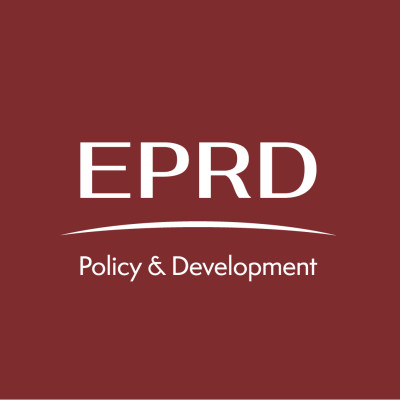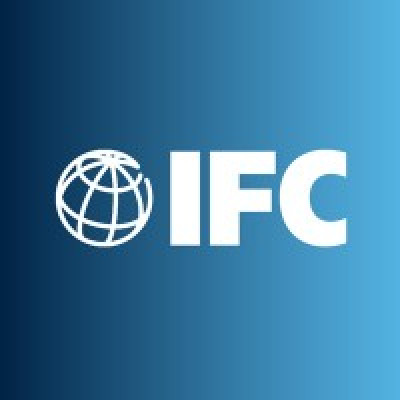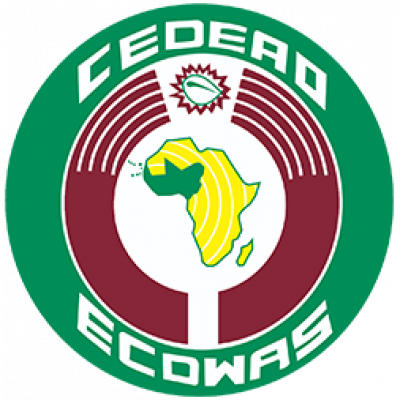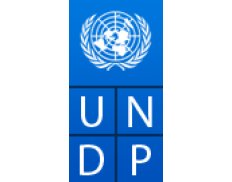Details
Description
"Mid-term Evaluation of “Support to West Africa Gulf of Guinea Integrated Maritime Security (SWAIMS)”
Expertise The minimum requirements covered by the team of experts as a whole are detailed below:
- Qualifications and skills required for the team:
- Expert Cat.I >12 years of experience
- At least 2 of the team members must have a Master Degree (Academic level) in International Law, Public Administration, International Relations or Political Science with a focus on Maritime, Defence or Security Affairs or related fields, or relevant, directly related discipline, or equivalent professional qualification
- At least 1 of the team members shall have a Master Degree (Academic level) in in international development or related field
- General professional experience of the team:
- The evaluation team shall have a cumulative experience of at least 12 years of experience in maritime administration, Coast Guard or Navy, or any field related to maritime security.
- The evaluation team shall have a cumulative experience of at least 12 years of experience on in development programming and/ or monitoring or evaluation of programmes.
- The evaluation team shall have a cumulative experience of at least 12 years of relevant senior professional evaluation experience in EC programmes.
- Specific professional experience of the team:
- The evaluation team shall have at least 1 experience working with the Economic Community for West African States (ECOWAS).
- At least 1 team member shall have experience working on inter-agency/administration cooperation especially with ECOWAS will be a strong asset.
- The evaluation team shall have In-depth knowledge of maritime security, political context, in the Gulf of Guinea
- At least 2 team members shall have demonstrable knowledge of relevant legal and regional frameworks and political context shaping regional/GoG maritime governance. In this regard, experience with applying theories of change and strategic foresight methodologies in complex policy environments is considered an asset.
- The evaluation team shall have demonstrable knowledge of the other donor’s strategies related to maritime security in support to WA region and the main actors participating is considered an asset.
- Knowledge of West Africa maritime security sector will be an asset.
- At least 1 team member shall have a minimum 5 years professional experience as development programme manager/expert in EU projects/programmes.
- At least 1 team member shall have a minimum 5 years professional experience in supporting African countries policies and reform with regards maritime security, maritime frameworks, governance, working with law enforcement agencies.
- The evaluation team shall have at least two experiences in Gulf of Guinea countries demonstrated by having been team member of at least 1 assignment in the region;
- Language skills of the team:
- English: at least 1 member shall possess a C1 level expertise
- French: at least 1 member shall possess a C1 level expertise
- Portuguese: at least 1 member shall possess a B2 level expertise
PROJECT DESCRIPTION
The EU Strategy for the Gulf of Guinea (GoG) adopted in 2014 , lends support to the objectives of the “Yaoundé Architecture” through a dedicated Action plan. Through both of these frameworks, the EU aims to support regional efforts to address the many challenges of maritime security and transnational organised crime as part of the EU's work with West and Central Africa. As outlined in the Action Plan, the EU works to raise awareness and understanding of the maritime security threat, reinforce organisations working at the regional and national level, strengthen cooperation between national, regional, and international actors, and promote more prosperous and resilient coastal economies and communities. SWAIMS, among other regional maritime-related programmes, was created to execute these objectives. Support to West Africa Gulf of Guinea Integrated Maritime Security (SWAIMS) aims at improving maritime security and safety in the Gulf of Guinea in the ECOWAS Region in line with the ECOWAS Integrated Maritime Security Strategy and the “Yaoundé Code of Conduct concerning the Repression of Piracy, Armed Robbery against Ships, and Illicit Maritime Activity in West and Central Africa”, widely known as the “Yaoundé Code of Conduct” (YCoC) .
The Action makes part of the West Africa Regional Indicative Programme 2014-2020 falling under the Priority Area 1: Peace, Security and Regional Stability, 1.2 Specific objective 2: Support for regional initiatives to address the main threats to peace, security and stability. SWAIMS is relevant for the United Nations 2030 Agenda for Sustainable Development.
It contributes primarily to the progressive achievement of SDG Goal 14 "Conserve and sustainably use the oceans, seas and marine resources for sustainable development”, Goal 16 "Promote just, peaceful and inclusive societies”.
The actions respond to different continental, regional and European policy agendas aimed both at specific sectoral goals for maritime sector and more widely in terms of promoting long-term security and social economic development including youth and employment, gender impacts, forced migration and environmental and climatic impacts. These intervention has a comprehensive approach combining legal technical and operational activities in the region. It addresses the gaps in the legal, governance and law enforcement frameworks and aims at establishing strong maritime policies, governance and support existing institutions of Gulf of Guinea coastal states and developing SOPs for better collection of evidence at sea and its use at courts. It seeks to strengthen law enforcement operational capacities and responses through institutional and technical capacity building (including ECOWAS Commission), in particular by providing essential equipment for use at sea and on land paired with training on use and maintenance. At the same time it aims at improving the capacity of regional training institutions and mobilisation of civil society and the private sector.
- 80 working days






